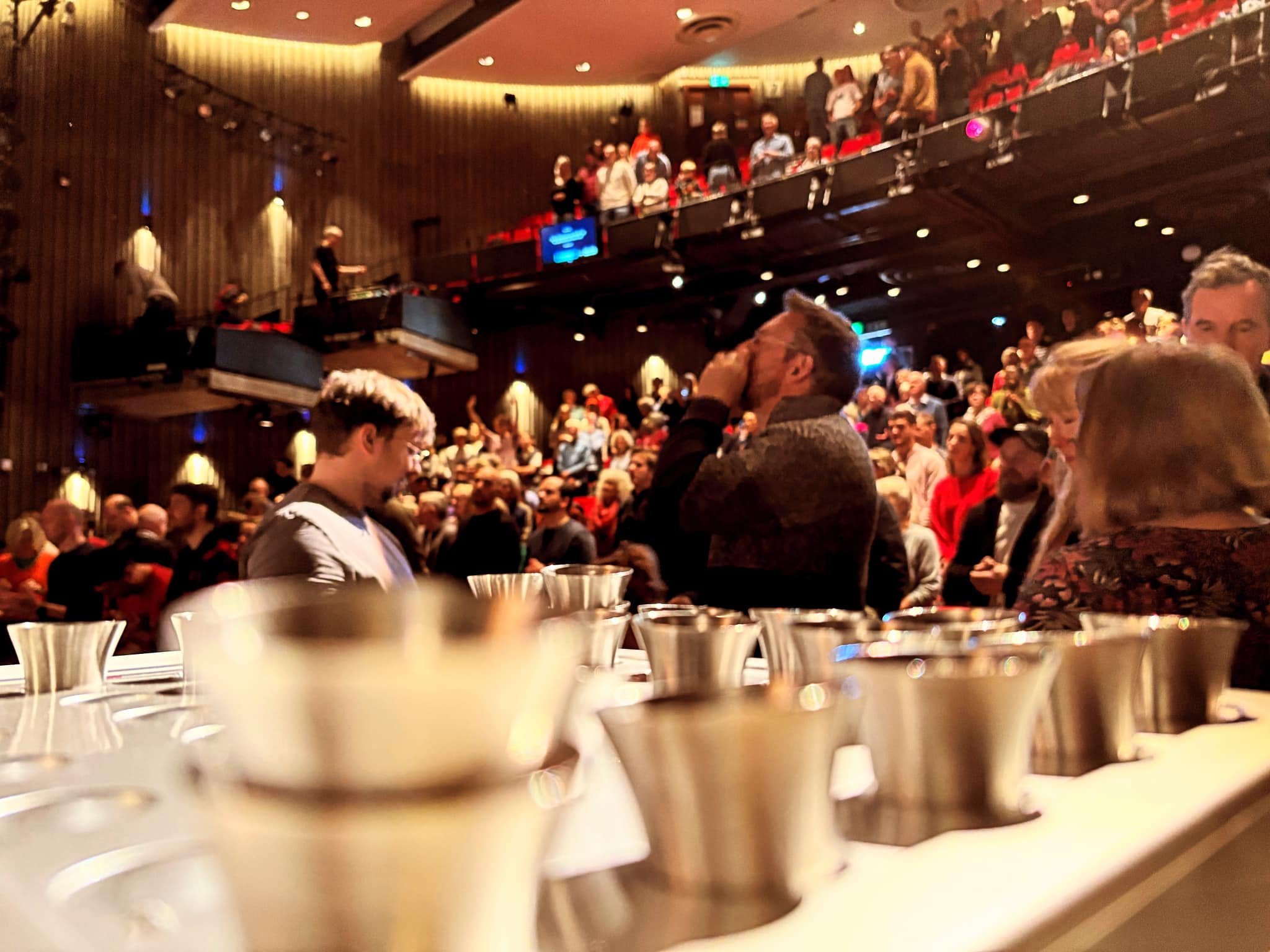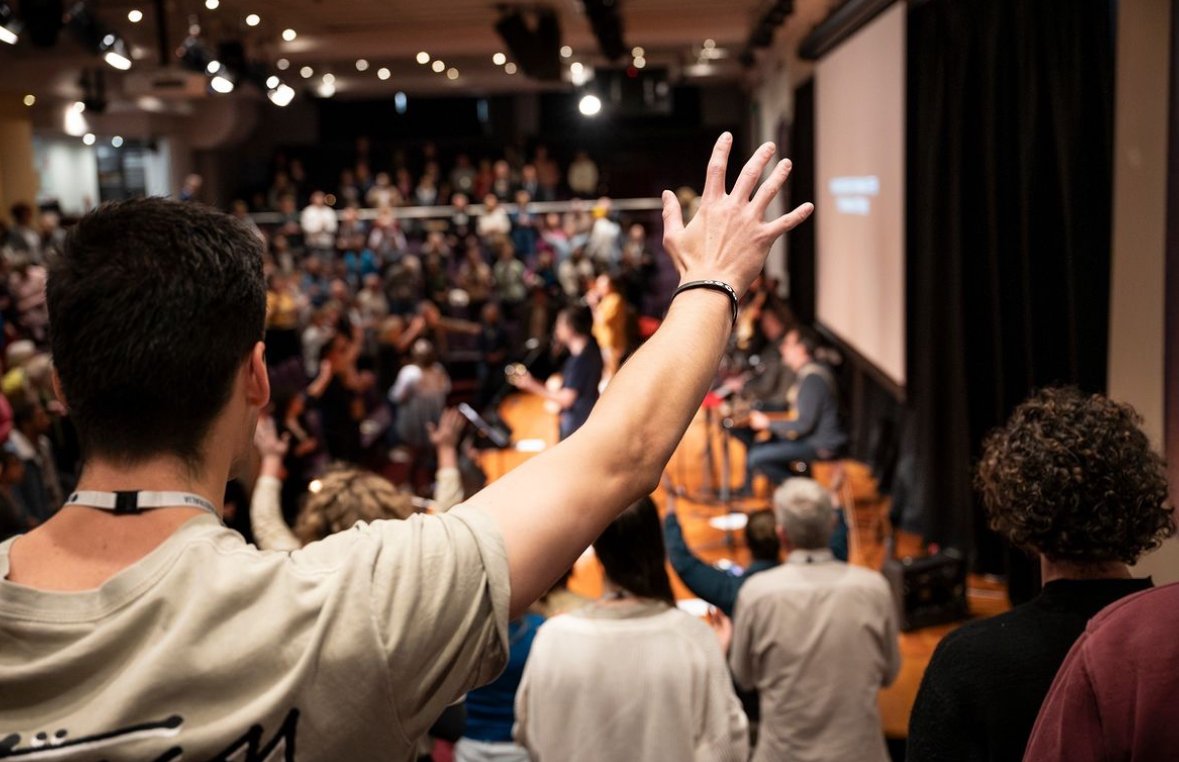I think maybe my favourite thing about being a pastor is watching people take communion. It is the unspoken privilege of sitting quietly studying the faces of individuals you love - whose stories you know - as they come forward to take the bread and the wine. Every single one is a walking talking prayer. Some are smiling. Some are deeply serious. Some are inevitably weeping. A few are only there by the skin of their teeth - it’s a kind of a miracle they’ve even made it.
I love the mixture of solemnity and mess. I love the way that in our tradition absolutely everyone gets to participate including the kids. I love the deep sense of belonging to something so much bigger.
I remember one Sunday leading a homeless guy to the Lord and taking him up to the communion table immediately afterwards.
He took the bread and literally threw it in the air, caught it in his mouth and grinned at me.
‘Would you prefer the non-alcoholic wine?’ the server asked him thoughtfully. ‘You kidding me?’ he replied, took the alcoholic cup and nearly drained it. “Hallelujah” he muttered.
“Maybe some morning, instead of solemnly passing these trays, we should dance for joy, Maybe we should sing every born-again song we know. Maybe we should tell our “homecoming” stories and laugh like people who no longer fear death. Maybe we should ask if anyone wants seconds and hold our little cups high to toast lost sisters found and dead brothers alive.”
~ Lee Eclov, in a Sermon entitled The Sinner’s Feast








